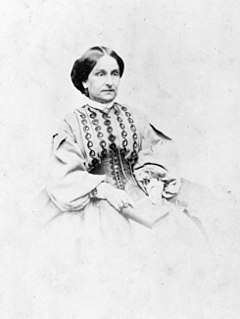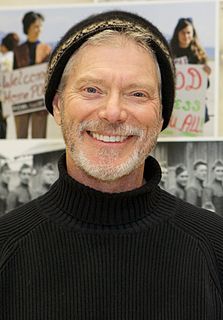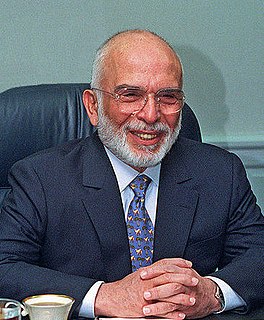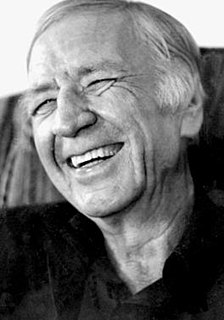A Quote by Ram Dass
I have always said that often the religion you were born with becomes more important to you as you see the universality of truth.
Related Quotes
Remember what Hannah Arendt said when she was talking about fascism and totalitarianism. She said thoughtlessness is the essence of totalitarianism. So all of a sudden emotion becomes more important than reason. Ignorance becomes more important than justice. Injustice is looked over as simply something that happens on television. The spectacle of violence takes over everything.
To write with taste, in the highest sense, is to write [...] so that no one commits suicide, no one despairs; to write [...] so that people understand, sympathize, see the universality of pain, and feel strengthened, if not directly encouraged to live on. If there is good to be said, the writer should say it. If there is bad to be said, he should say it in a way that reflects the truth that, though we see the evil, we choose to continue among the living. The true artist [...] gets his sense of worth and honor from his conviction that art is powerful--
It should not be strange that the values cherished by all the three major religions are the same, since they originate from a common source. For example, Islam, the predominant religion in the Middle East, accepts as an integral part of its religious teachings both the Old and the New Testaments. If this commonality of moral traditions among the world's major religions does not say something about the universality of religion, it does say something about the universality of mankind.
Dad always said that he had enough trouble sorting the fiction out of so-called facts, without reading fiction. He always said that science was already too muddled without trying to make it jibe with religion. He said those things, but he also said that science itself could be a religion, that a broad mind was always in danger of becoming narrow.
I always wanted to write a book about a common food that becomes a commercial commodity and therefore becomes economically important and therefore becomes politically important and culturally important. That whole process is very interesting to me. And salt seemed to me the best example of that, partly because it's universal.






































